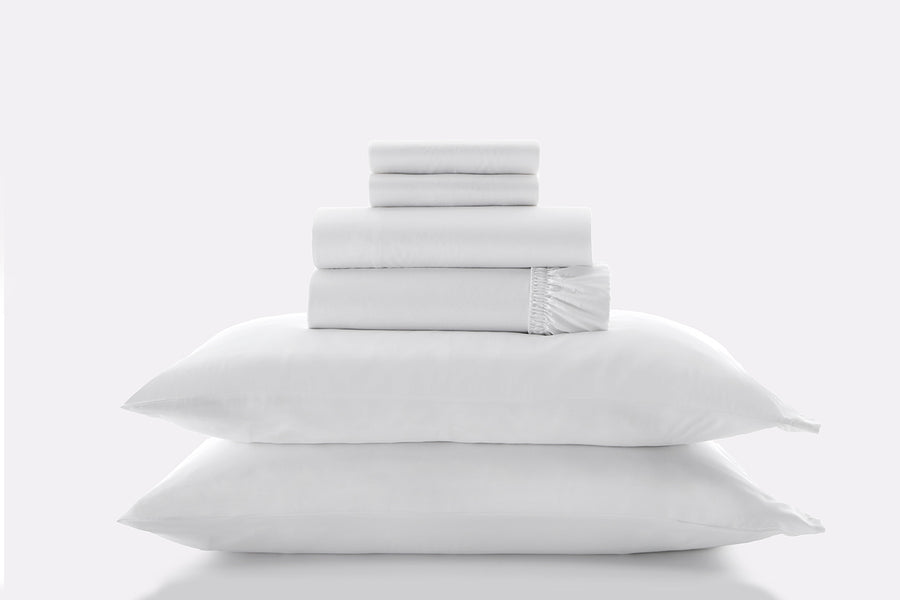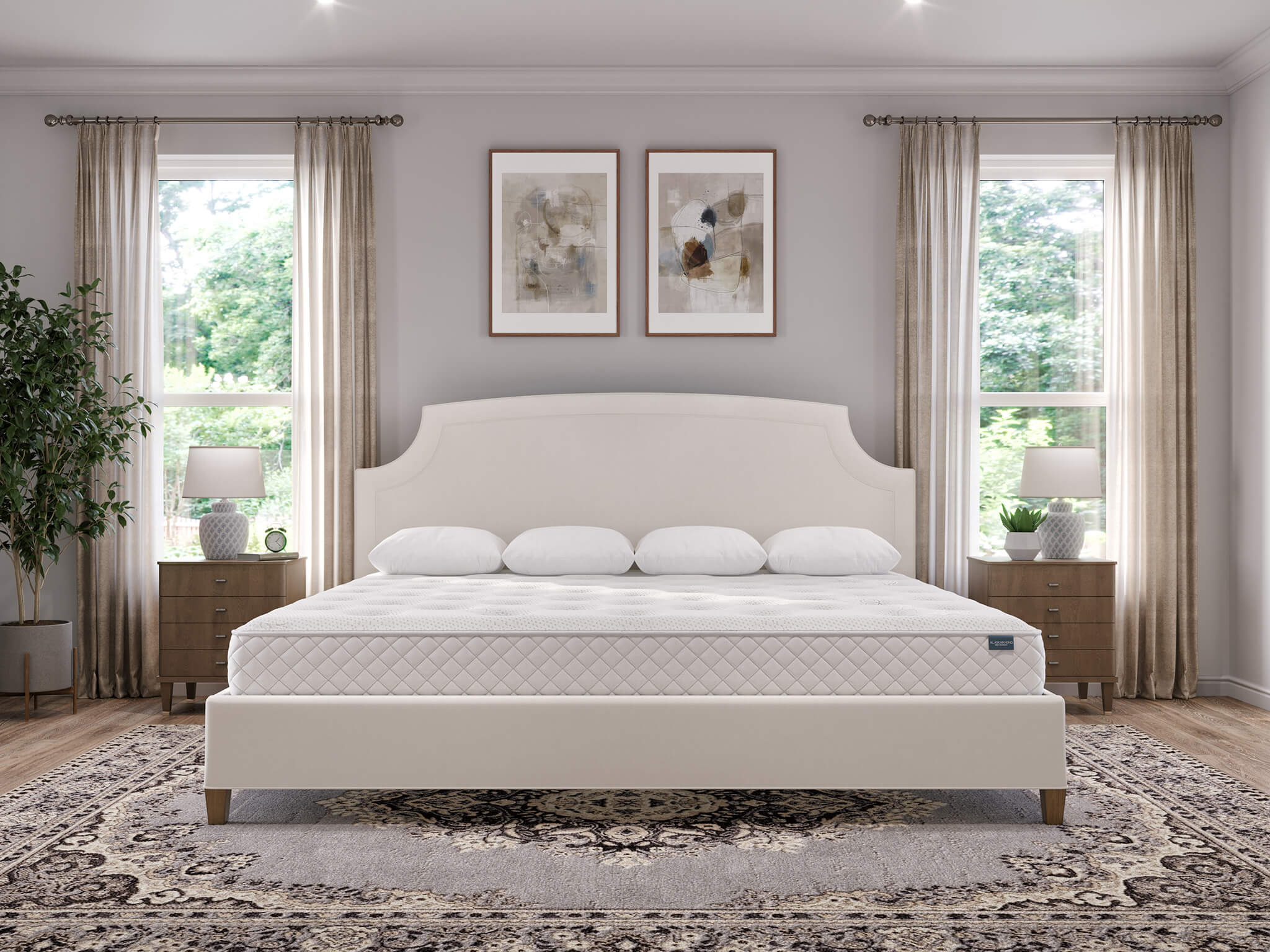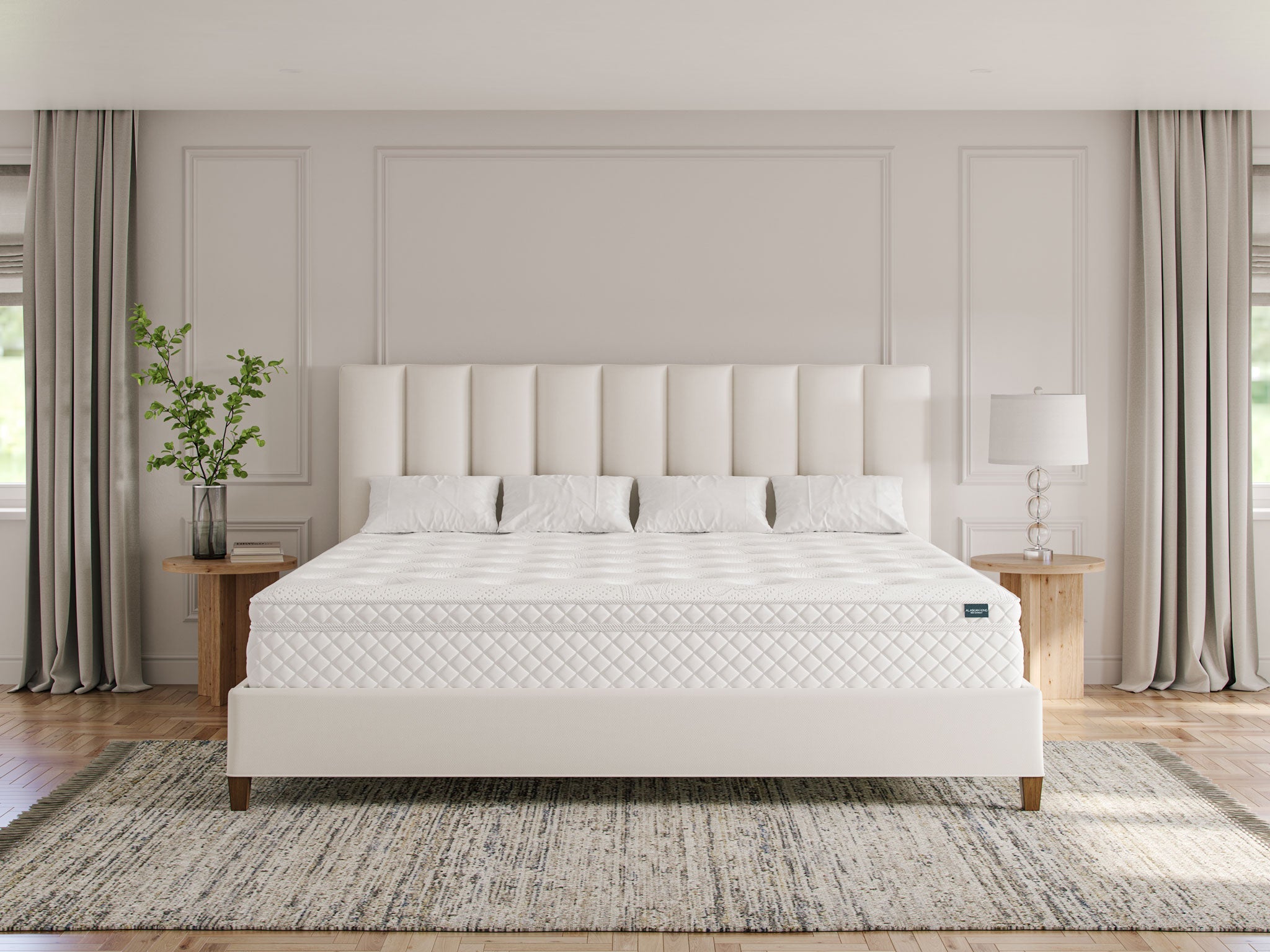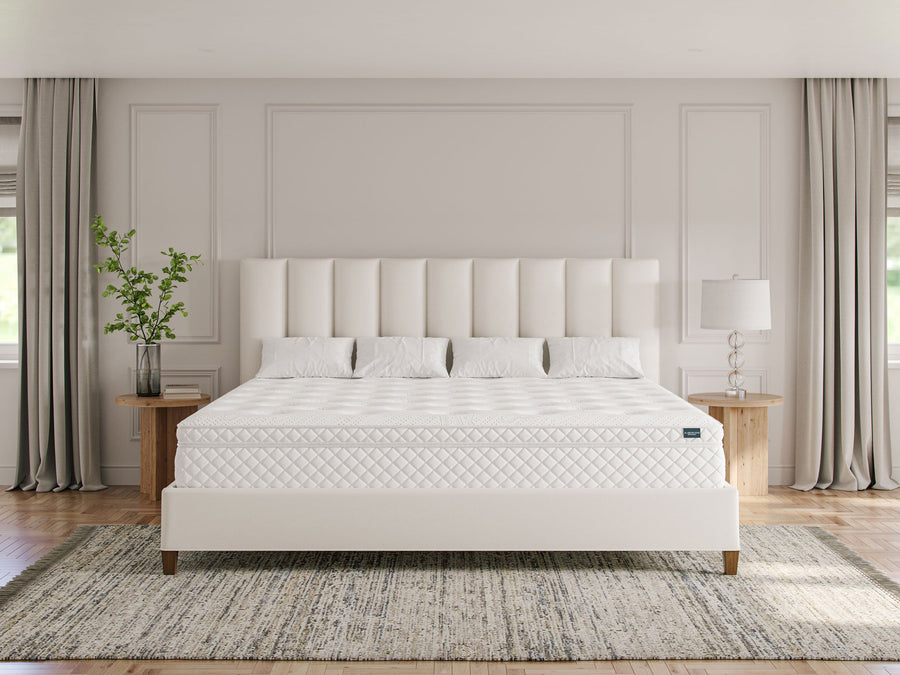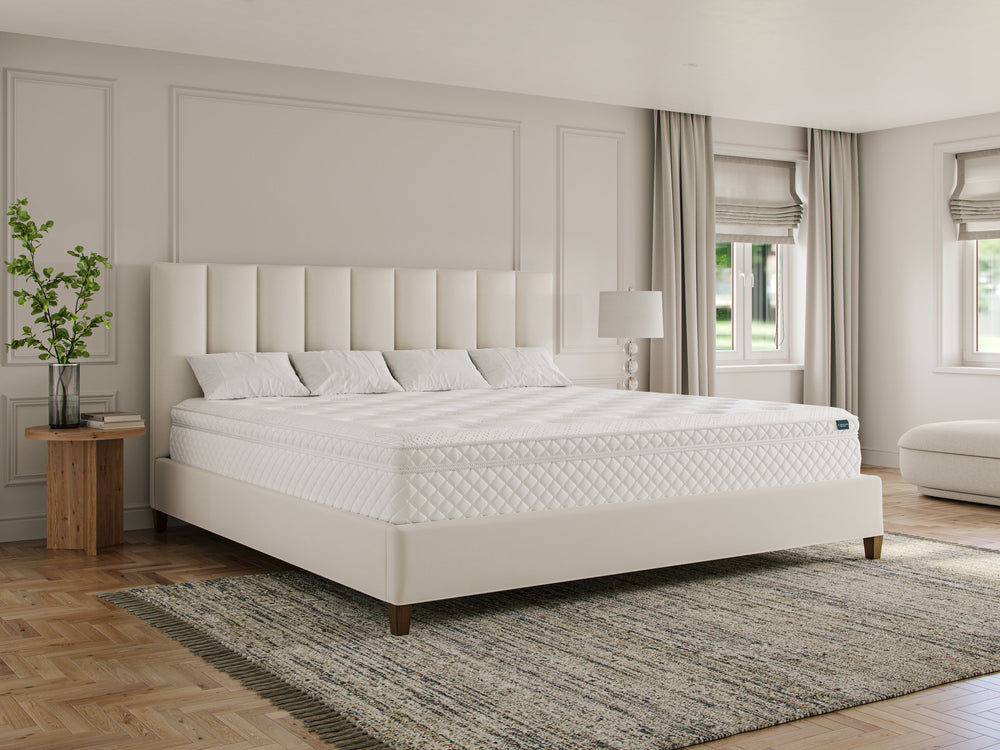Tips on How to Get a Good Night’s Sleep

Improving Sleep Hygiene
Sleep is one of the most important things for your well-being. However, most people struggle to get enough sleep most nights. They usually have problems falling asleep, as they toss and turn for hours without any luck. Other people fall asleep naturally, but they have issues maintaining sleep, and they wake up frequently throughout the night.
Luckily, there are some proven ways to get a good night’s sleep. So, read on to discover some evidence-based tips on improving your sleep hygiene.
Why Is Sleep So Important?
When you go to sleep, your body and brain don’t shut off. Instead, they are in a dormant state that serves a vital function of repairing your body. That’s why you need 7-9 hours of sleep each night to allow your brain and body to restore balance.
Sleep deprivation leads to many health problems like:
- Mood swings
- Fatigue
- Memory problems
- Inability to focus
- High blood pressure
- Higher risk of heart disease
- Weight gain
- Low sex drive
- Increased risk of diabetes
- Weakened immune system
- Anxiety
- Depression
The most common signs of sleep deprivation include chronic fatigue, excessive sleepiness, frequent yawning, and irritability.
So, what can you do to get better sleep?
6 Tips for Better Sleep
According to the CDC, 1 in 3 Americans doesn’t get enough sleep regularly. That’s why better sleep education is vital.
Keep in mind that better sleep doesn’t just happen overnight (pun intended). You need to make several adjustments and develop healthy habits to achieve quality sleep in the long run.
Here is what you can do.
1. Stick to a Regular Sleeping Schedule
We know that life is hectic, but you should try to go to bed and wake up at the same time every day. Remember, we are wired in a way that supports rhythmic behavior, and a regular sleeping schedule allows your brain to easily differentiate between rest and awake states, making falling and staying asleep easier.
The trick is to set your alarm clock at the same time each morning, even on weekends. You should also try to go to bed at approximately the same time every night, but an occasional exception is okay.
2. Limit or Avoid Naps
Naps are an excellent way to regain focus and restore alertness for the rest of the day. However, they can also interfere with your regular sleep cycle and throw you off balance. That’s why most sleep experts warn not to nap too close to bedtime, as it will make it harder to fall asleep and it may cause disturbances during the night.
The best approach is to avoid naps after 4 PM. If you decide to take a nap before that, keep it under 20 minutes, as it will help you avoid waking up all drowsy and unfocused.
3. Create a Comfortable Bedroom Environment
To get the best rest possible, you should optimize your bedroom for sleep and avoid other activities such as gaming, working, or watching TV. The most important thing is to get a quality mattress, sheets, and blankets to create the ultimate comfort. If you haven’t already, you should get fitted sheets for your Wyoming King bed.
After that, it’s time to think about other stuff. For instance, room temperature is a significant factor for sleep quality, and researchers have found that setting your thermostat to mid 60 degrees Fahrenheit will help you get better sleep.
Light or lack of it is vital for regulating the production of melatonin. This hormone is essential for sleep, and its concentrations are higher during the night. Bright lights and electronics suppress melatonin production, so you should avoid them before bed. In addition, you can use blackout curtains to block street lights. Use plugs during the night if noises easily awake you, and limit and eliminate other distractions to prevent sleep disturbances.
4. Avoid Electronics Before Bed
We mentioned that you shouldn’t use electronics before bedtime as they suppress melatonin production. That’s because screens emit blue light, which signals our brain that it is time to be awake. That decreases your melatonin levels, making it more difficult to fall asleep.
The best thing is to ban all electronics from the bedroom and reserve it only for sleep. Doing that will help you fall asleep faster. Swap out the tablet for a physical book and set a reading time before bed. You’ll be both avoiding screen time before bed and also getting through that backlog of books you keep promising you’ll get through (it’s a win-win).
5. Make Lifestyle Adjustments
Stress, poor diet, lack of exercise, and other factors impact the quality of your sleep. Fixing those aspects of your life can help you get better nightly rest and improve your well-being. It doesn’t have to be anything drastic. You can start by eating a little healthier, being more active, and limiting a few things in the evening.
Although exercise is excellent for your sleep, you should reserve it for the first half of your day. Working out in the evening can have the opposite effect and make it harder to fall asleep. Still, if the evening is the only time you can be active, do it, but watch how it affects your sleep. Other adjustments you can make include avoiding heavy meals, limiting fluid intake, and avoiding caffeine and other stimulants before bed.
6. Consider a New Mattress
A comfortable mattress is a crucial factor in achieving quality sleep. A new mattress can provide several benefits that can help you sleep better. Firstly, a larger mattress can give you more space to move around and find your ideal sleeping position. With a mattress as large as the Wyoming King or Alberta King beds, you can avoid feeling cramped or restricted, which can lead to tossing and turning throughout the night.
Secondly, extra large mattresses can reduce disturbances caused by a partner's movements. If you share your bed with a partner who moves around a lot, a larger mattress can prevent their movements from interrupting your sleep. This can help you both get a more restful night's sleep. Thirdly, a larger mattress can offer better support for your body. When you have a larger mattress, it can distribute your weight more evenly, reducing pressure points and preventing discomfort. This can lead to a more comfortable and restful night's sleep.
Lastly, a larger mattress can provide psychological benefits. When you have more space to spread out, you may feel a greater sense of relaxation and calm, which can promote better sleep quality. Investing in a larger mattress can provide several benefits that can help you sleep better. A good night's sleep is essential for your health and wellbeing, and a larger mattress can help you achieve it.
Where to Get the Right Mattress?
If a mattress is what you decide on, there are plenty of options available to you. We mentioned larger mattresses as being beneficial but what are the options larger than a typical King size bed?
Having enough space is crucial, and a larger mattress can be an easy way to ensure spacious, comfortable sleep. For many, a standard California king may fit their needs, but larger options like the Wyoming king bed provides a large sleep surface of 7x7 feet. That’s enough room for you and your partner, even if your child or pet jumps in. They’re often referred to as family XL mattresses due to their luxurious size.
No matter what option you choose it’s hard to go wrong. There are plenty of options from a standard sized mattress to the Wyoming king, and custom mattresses give you every option in between.
